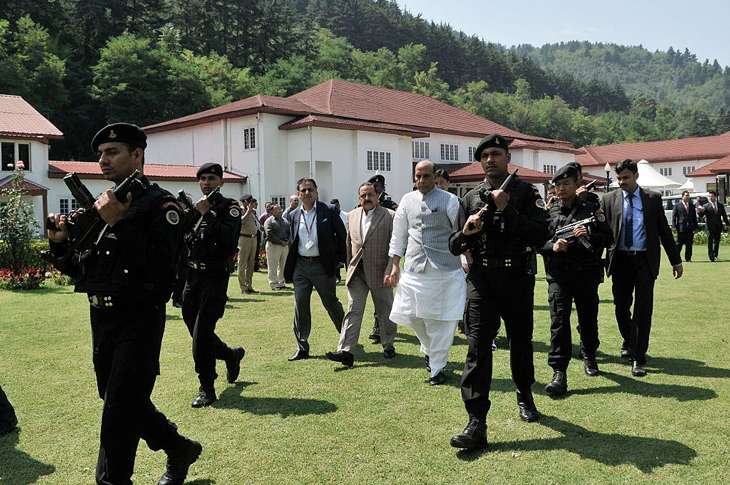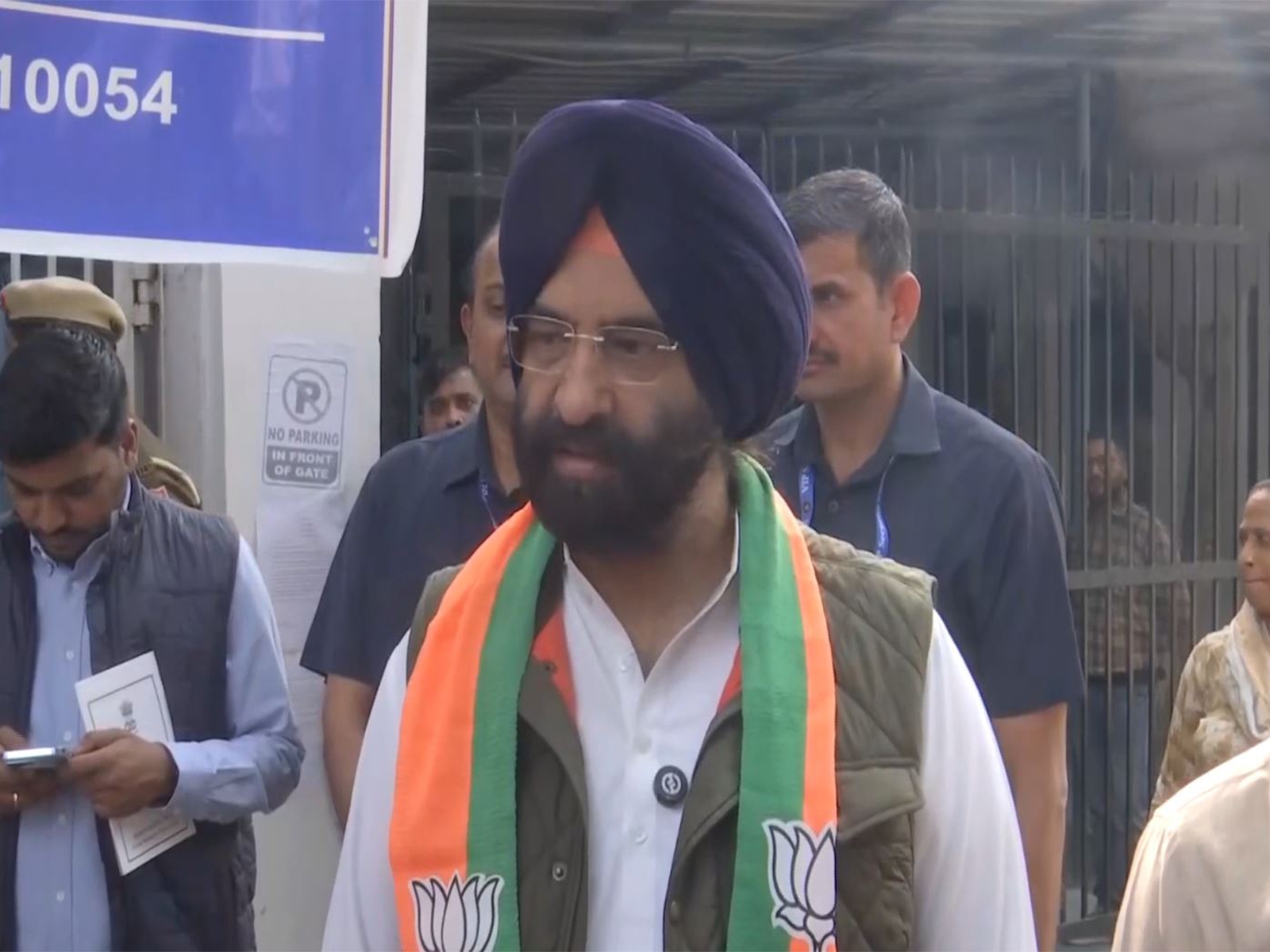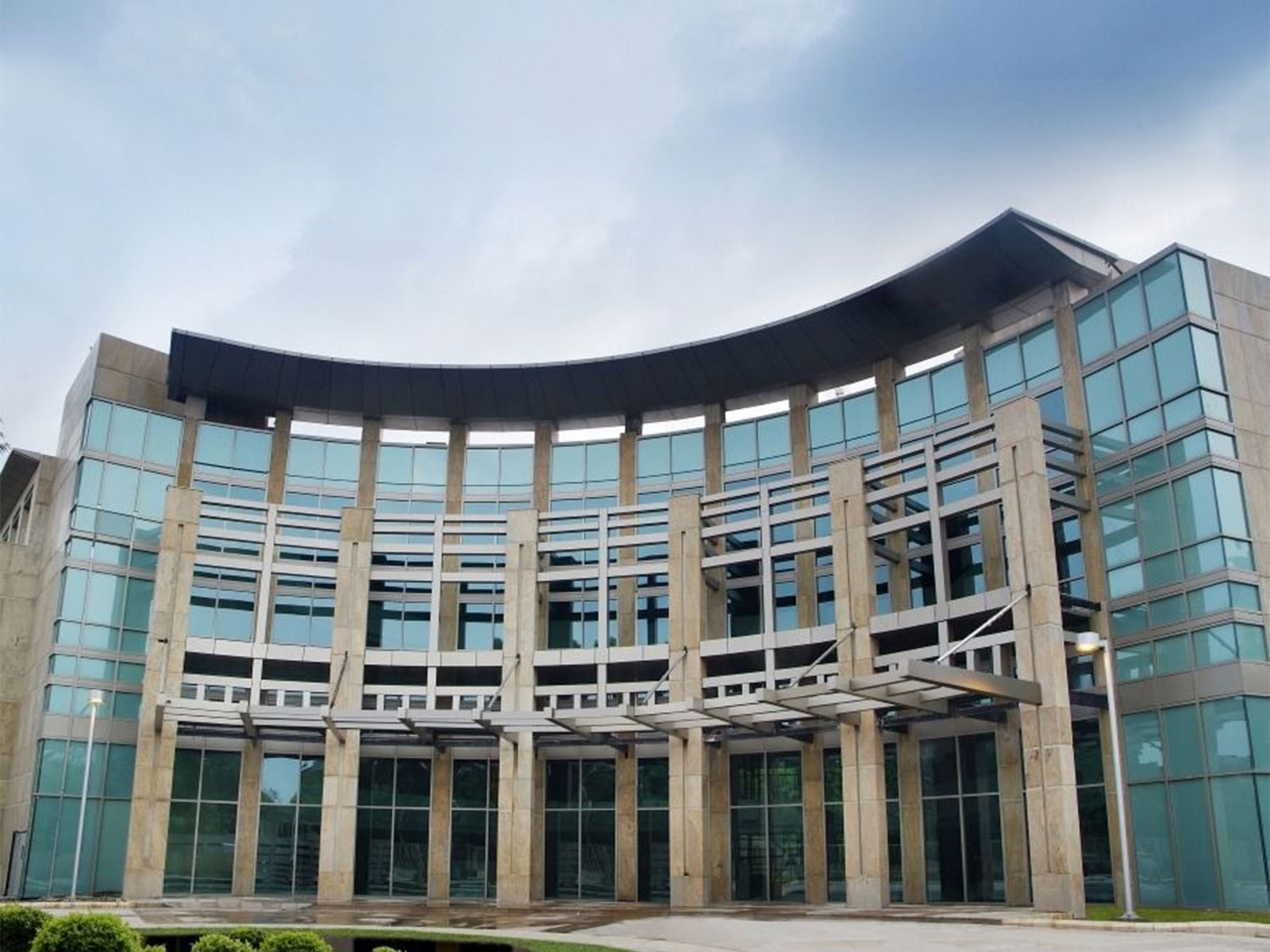How to take Kashmir off the boil? Govt must advance constitutional reform

With respect to Kashmir, we are not near a watershed moment yet. But a strong potential for it exists, if the Government of India can advance an agenda of constitutional reform for Kashmir as a quick follow-up to the recent two-day visit of an all-party delegation of MPs to the Valley.
Kashmiris make a valid criticism when they say that discussions following the massive 2010 disturbances yielded no shade of reform, although numerous ideas concerning the hues of autonomy, as well as specific economic needs of the different regions of the state of Jammu and Kashmir, were discussed through various forums.
Even so, ordinary folk had waited for the Parliamentary delegation with a sense of anticipation. Their revolt was against the callous disregard by the PDP-BJP state government of their economic, political and security needs, but they'd hoped fresh ideas would be thrown up when MPs from across the spectrum got to hear Kashmir speak in the context of today.

Hurriyat doesn't represent popular sentiment
This was the message coming from the ground, even as protest rallies were being taken out in the villages. But the Hurriyat Conference, led by Syed Ali Shah Geelani, appears to have disregarded popular sentiment in rejecting the MPs' overtures for a worthwhile conversation.
Its stock in the Valley is expected to plunge further as a result. In a situation such as this, it will be plain foolishness for the Centre to take any steps that may help the Hurriyat leadership regain a modicum of public sympathy.
Reports suggest that the government may be contemplating tightening the screws on the leading lights of the Hurriyat, and that their security may be downgraded. Such optics to please the Hindu nationalist constituencies - to punish Geelani and others for showing the temerity to refuse talks with our MPs (this has been the running drumbeat of the ultra-nationalist sections of the television channels, for example) - can only boomerang on the government, and give the Hurriyat bosses a lease of life.
If the government really wishes to teach the separatists a lesson, it should make bold announcements in good faith, not contemplate revenge tactics. Just bear in mind that rejection of dialogue by the Hurriyat has not gone down well among ordinary people.
That said, it is everyone's right, including that of the Hurriyat leaders, to decline an invitation to converse. Besides - just think about it - the mandate of Hurriyat is to create problems for the Indian state, not solve them, especially when it is spearheaded by the most ardent pro-Pakistan leader in Kashmir.
Why people turned on the PDP-BJP state govt
The bulk of Kashmiri opinion does not look upon Pakistan favourably. And yet, a revolt of extraordinary proportions has rocked Kashmir. This is because ordinary people were extremely unhappy with the PDP-BJP government in the state.
It dashed their expectations and gave them next to nil relief in the aftermath of the flood of September 2014, the worst in recorded history, which had converted all of south Kashmir and most of the city of Srinagar into a gigantic lake.
Financial assistance from the Centre had been a key reason that the public had supported the PDP's joining hands with the Hindutva-oriented BJP.
But instead of engaging in constructive politics in the Valley, the BJP component of the government - in order to shore up its image among its followers in the rest of the country - got into a series of pointless and dangerous communal diversions, such as beef and flag politics in the Valley, and pushed unwholesome ideas such as building ghettos for Kashmiri Pandits (when few Pandits wish to return to the valley). There were other Hindu communal interventions too.
At the same time as the politics was being mismanaged by the BJP, the security situation was also permitted to slide precipitously in a sign of irresponsible neglect by a government at the Centre whose leaders see themselves as ultra-nationalists. In 2016, the infiltration from Pakistan into Kashmir increased 200% over 2014, allowing an armed foreign terrorist contingent to burrow into Kashmir, and wait for an opportunity to strike.
The PDP watched the BJP's political gamesmanship helplessly, unable to force the saffron party back because its own legislators and ministers were loathe to let go of the loaves and fishes of office. Chief Minister Mehbooba Mufti had not bargained for this when she agreed to lead the government after weeks of hesitation following the death of her father, Mufti Mohammad Sayeed, in early 2016.
Hizbul Mujahideen commander Burhan Wani's killing was only a trigger. People erupted in spontaneous rebellion when it occurred. If that fateful encounter hadn't taken place, another inflection point is likely to have been discovered on the smallest pretext soon enough. Desperation had reached cracking point.
The Pakistan factor
It is important to consider, though, that people were only resorting to marches in anger across south Kashmir, and in one instance, attacked a police station. The thoroughly organised stone-pelting brigade arrived on the scene only afterward, when friends of Pakistan in the Valley, a tiny but determined minority who are experts in propaganda and hit-and-run tactics, seized upon the public anger as a godsend, and then turned to manipulate the situation to their advantage.
It is important to separate the two manifestly different stages of the current revolt - the brief burst of spontaneous anger of the common folk in the first three days, and the calculated, choreographed and staged rebellion that subsequently took its place, with the ordinary rural people being pressurised to join out of a sense of deep insecurity and fear, so great is the feeling of dread the pro-Pakistan elements generate among the people.
This derives from the manner in which the Jamat-e-Islami cadres, especially, went about dealing with those who crossed their ideological path during the intense militancy years of 1989-93.
It has now been two months, and the stone-pelting has not stopped. The industry just doesn't seem to stop churning out more stones. Such a prolonged protest lock-down of the Valley has not been seen before, and the end seems nowhere in sight.
Especially in the south Kashmir districts, but also in the northern parts of the Valley, marching through villages by people in their hundreds with the Pakistan flag aloft has become an everyday sight. Interestingly, all the flags flown at these rallies appear identical to the observer, as though sourced from the same tailor across the border or some suitable quarters in New Delhi, and appear to have materialised overnight as though under a well-devised plan. There are no signs of any being home-stitched by unpractised hands in rural Kashmir.
Modi's I-Day speech and its repercussions
It is now becoming plain to many in the Valley that the unprecedented hyper-activity of the pro-Pakistan sections is traceable to Prime Minister Narendra Modi's Independence Day speech naming Balochistan and PoK for human rights violations by Pakistan. It is a sort of revenge extraordinary that we are witnessing. Given the geography, Islamabad is intervening with ferocity after it dedicated its own Independence Day this year to the cause of Kashmir.
From available accounts, the common Kashmiri is keen to return to normal life as quickly as possible, but is virtually being held hostage by pro-Pakistan contingents. Only the government possesses the resources and the political ability and flexibility to bail him out of his present misery.
And in the situation that exists, this is possible only through a political initiative of an entirely new type - and not through an extensive crackdown by the security forces - that will show Pakistan's backers in poor light in the eyes of the people.
Time to set the record straight
When the ruler of Jammu and Kashmir, Maharaja Hari Singh, signed the Instrument of Accession with India in October 1947, he had ceded to New Delhi only the portfolios of defence, foreign affairs and communications. Much else has come under Delhi's domain since then. The titles of constitutional offices - "Sadr-e-Riyasat" for the Governor and "Prime Minister" for the Chief Minister - also vanished with time, though that was not part of the deal.
Over the decades, this entire process has caused intense heartburn in the Valley, accompanied by a sense of inadequacy and the feeling of being slighted as a people.
The time has come to end the alienation and set the record straight, to give the people of Kashmir the option to take only those laws of the Republic of India that they wish to in their own wisdom, and dispense with others.
A major step of this nature is likely to produce extraordinary excitement among the people of Kashmir, and contrariwise, a backlash against the Pakistan authorities in PoK and Gilgit-Baltistan, regions that have been usurped wholesale by our western neighbour.
But the time to act is now.
Edited by Shreyas Sharma
More in Catch
All party delegation visit faces sweeping boycott in Kashmir
Kashmir: Hurriyat & civil society refuse to meet all-party delegation
All-party delegation to Kashmir has not spelled out mandate, allege Geelani, other separatists
First published: 7 September 2016, 8:06 IST




![BJP's Kapil Mishra recreates Shankar Mahadevan’s ‘Breathless’ song to highlight Delhi pollution [WATCH] BJP's Kapil Mishra recreates Shankar Mahadevan’s ‘Breathless’ song to highlight Delhi pollution [WATCH]](https://images.catchnews.com/upload/2022/11/03/kapil-mishra_240884_300x172.png)

![Anupam Kher shares pictures of his toned body on 67th birthday [MUST SEE] Anupam Kher shares pictures of his toned body on 67th birthday [MUST SEE]](https://images.catchnews.com/upload/2022/03/07/Anupam_kher_231145_300x172.jpg)






